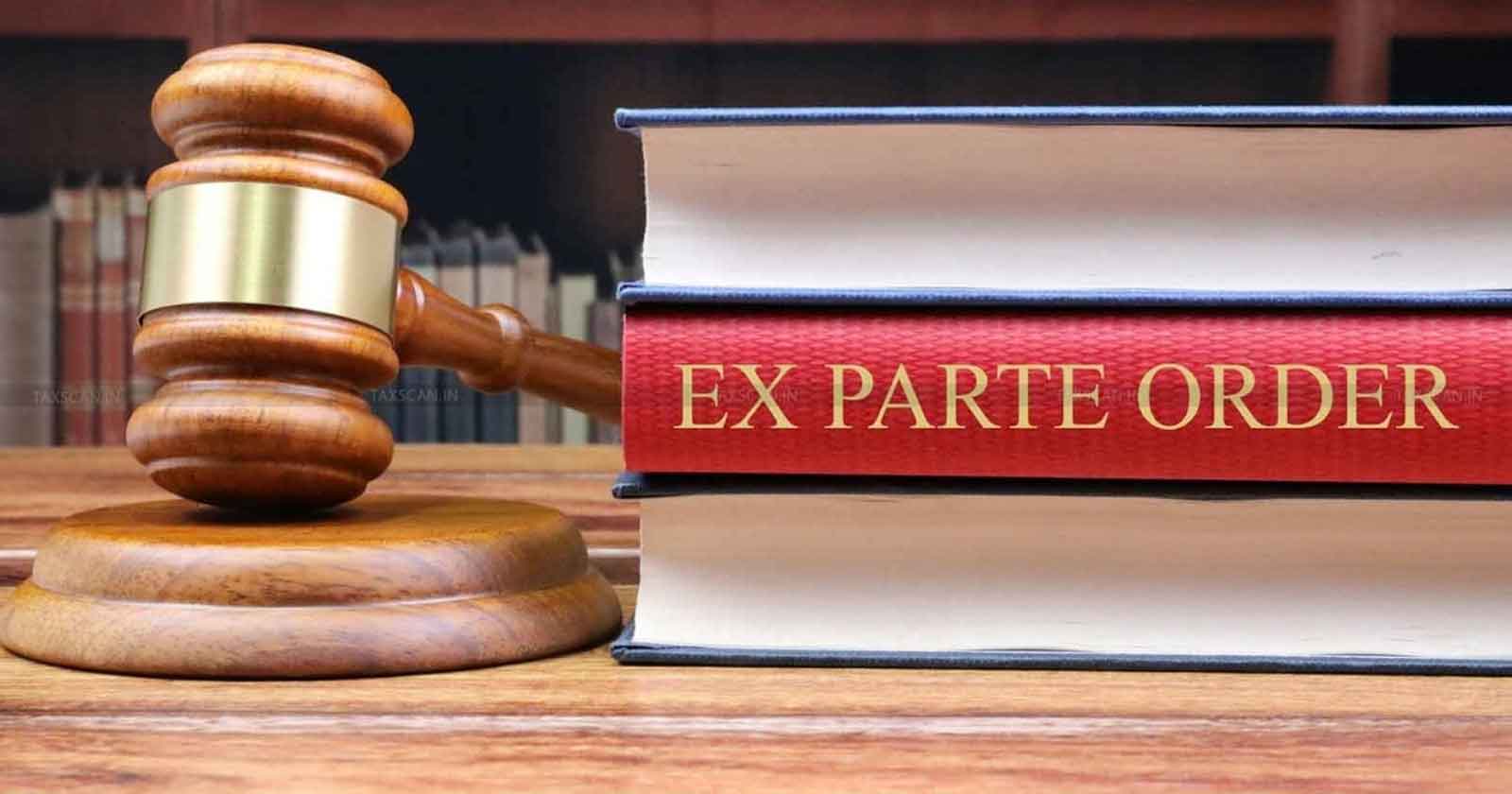Denial of Refund by Invoking Rule 9(1)(b) of Cenvat Credit Rules Without Fraud or Suppression is Invalid: CESTAT [Read Order]
CESTAT held that refund of Rs. 8.89 lakh CVD and SAD to Rashtriya Metal Industries cannot be denied by invoking Rule 9(1)(b) without fraud or suppression, and directed cash refund
![Denial of Refund by Invoking Rule 9(1)(b) of Cenvat Credit Rules Without Fraud or Suppression is Invalid: CESTAT [Read Order] Denial of Refund by Invoking Rule 9(1)(b) of Cenvat Credit Rules Without Fraud or Suppression is Invalid: CESTAT [Read Order]](https://images.taxscan.in/h-upload/2025/08/30/2082103-cenvat-credit-taxscan.webp)
The Ahmedabad Bench of the Customs, Excise, and Service Tax Appellate Tribunal (CESTAT) ruled that the denial of a refund by invoking Rule 9(1)(b) of the Cenvat Credit Rules, 2004, without any allegation of fraud, misstatement, or suppression is invalid.
Rashtriya Metal Industries Ltd., the appellant, is a manufacturer of brass strips and brass caps. The company had imported zinc ingots between 2012 and 2014 under the Advance Authorization Scheme without payment of customs duty, subject to export obligations.
Later, when the export obligations were not fully met, the Directorate General of Foreign Trade issued a deficiency letter in May 2019 directing payment of applicable duties. The appellant paid countervailing duty (CVD) and special additional duty (SAD) amounting to Rs. 8,89,795 on 20 May 2019, which was after the introduction of GST.
Master the Latest Amendments in Income Tax Act Click here
 Also Read:Fault Lies with Auditor, Not Assessee or GST Dept: Madras HC Quashes Ex Parte Order Passed for Non-Reply [Read Order]
Also Read:Fault Lies with Auditor, Not Assessee or GST Dept: Madras HC Quashes Ex Parte Order Passed for Non-Reply [Read Order]
There was no mechanism to take CENVAT credit of CVD and SAD in the GST regime, so the appellant filed a refund claim under Section 142(3) of the CGST Act, 2017. The claim was rejected by the Assistant Commissioner in December 2019, and the Commissioner (Appeals) upheld the rejection in February 2020.
Both authorities reasoned that the duties were paid after 1 July 2017, when the excise laws were repealed, and further held that the refund was barred by Rule 9(1)(b) of the Cenvat Credit Rules on the presumption that the payments were made only after being pointed out by DGFT.
The appellant’s counsel argued that the payments were voluntary, made to regularize the excess imports, and were not the result of any adjudication alleging suppression or fraud. The counsel pointed out that Rule 9(1)(b) cannot be applied in the absence of any proceedings establishing fraud or misstatement.
The revenue counsel relied on the findings of the lower authorities and argued that the refund claim was not admissible.
Want a deeper insight into the Income Tax Bill, 2025? Click here
The two-member bench comprising Dr. Ajaya Krishna Vishvesha (Judicial Member) and Ramesh Nair (Judicial Member) observed that there was no allegation or adjudication of fraud, suppression, or misstatement against the appellant, and the deficiency letter issued by DGFT was only an opportunity to regularize excess imports, not a penal action.
The tribunal pointed out that several High Courts and CESTAT benches had consistently held that Section 142(3) entitled assessees to such refunds in cash. The tribunal explained that the denial of a refund by merely invoking Rule 9(1)(b) on presumptive grounds was unsustainable.
The tribunal set aside the order of the Commissioner (Appeals) and allowed the appeal. It directed the adjudicating authority to process the refund of Rs. 8,89,795 in cash within twelve weeks in line with the Gujarat High Court’s ruling in Thermax Ltd. v. Union of India.
Support our journalism by subscribing to Taxscanpremium. Follow us on Telegram for quick updates


